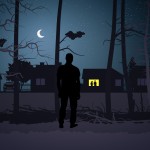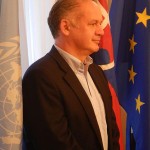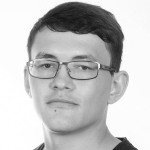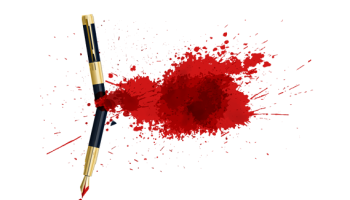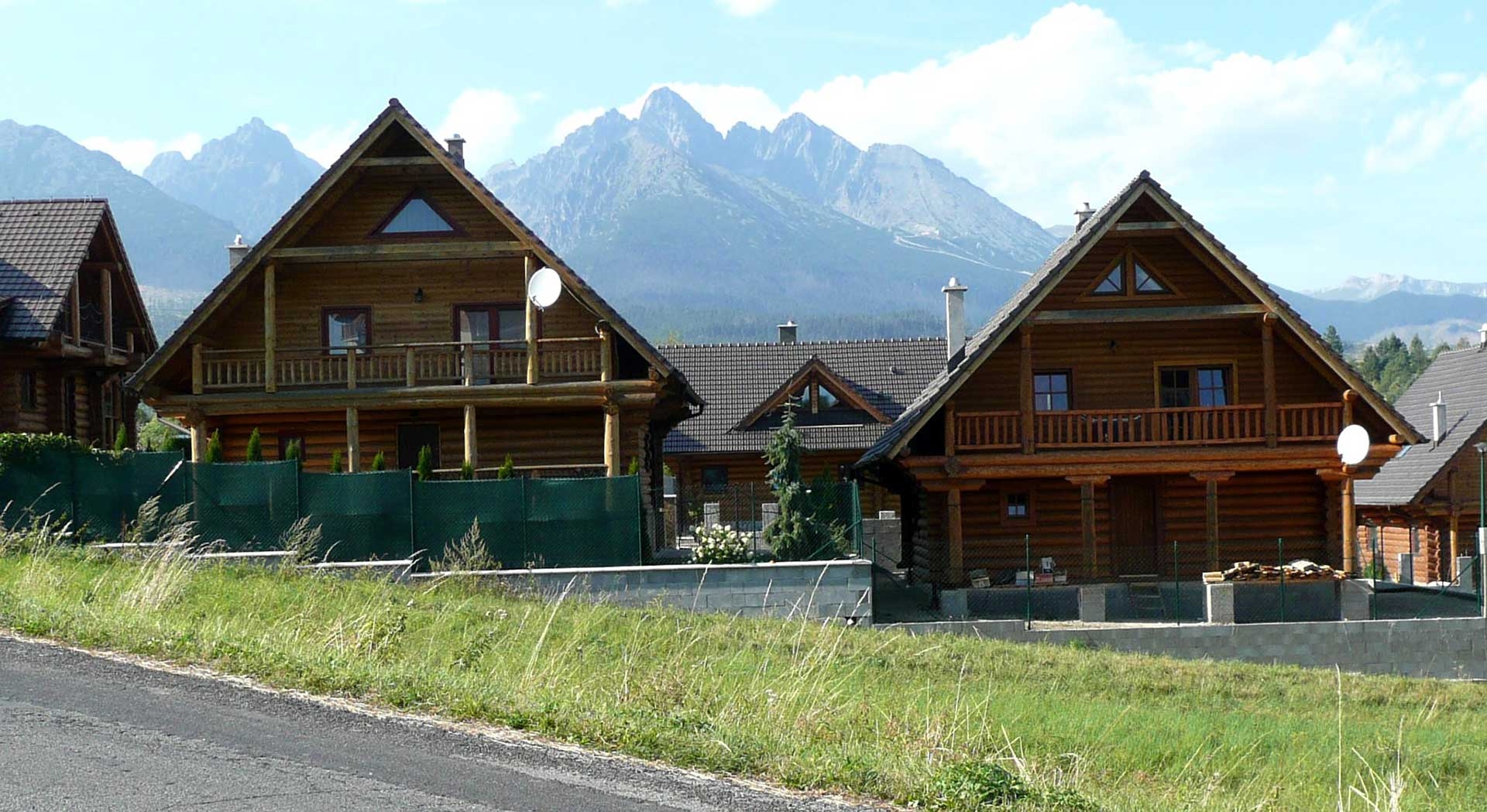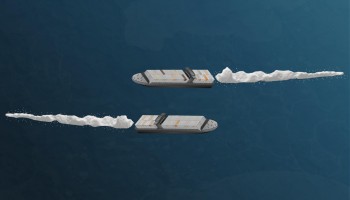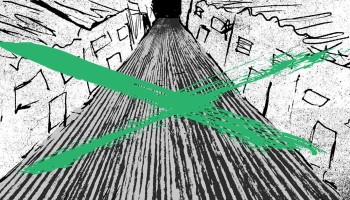When he was murdered by an unknown assassin earlier this year, Slovak journalist Jan Kuciak was part of an international team looking into foreign drug smugglers suspected of laundering money in his country.
In the wake of his death, the team has continued reporting, uncovering more about the criminal group and how it operated.
The investigation reveals an international ring of drug traffickers with ties to the Italian mafia. Based in Belgium, with operations in the Netherlands, it could count on suppliers from Costa Rica and Colombia and secret large caches of cocaine in fruit shipments from Latin America to Western Europe.
A major Belgian law enforcement operation named Raak (the Dutch word for “strike”) took down part of the network — only to see its mastermind murdered before he could be brought to justice.
Its remaining parts, spread across the world, have continued to function despite the Belgian police action. And even in Belgium, cocaine traffickers were quick to resume their work.
Belgium’s Top Narcos
Before his sudden murder, Silvio Aquino was a main suspect in what has been called “one of the biggest drug trials in Belgian history.”
The Raak investigation into cocaine smuggling — which involved 34 defendants and the seizure of over €8 million (US$ 9 million) in cash, drugs, cars, and weapons — dragged on for over four years before finally wrapping up on Feb. 1, 2017.
Large portions of the cocaine were imported by the Aquino family through the port of Rotterdam; helping explain why the Netherlands has become known in recent years as a European gateway for South American cocaine.
But who was Silvio Aquino, the family’s rising leader at the time of his death?
Born and raised by his Italian father in Maasmechelen, a quaint city of about 38,000 in Belgium’s Flanders region, Aquino grew into a key figure in the global drug trade at a young age (his last known job before going totally into drug trafficking was managing a pizzeria).
By the time of the most recent investigation, he had already faced multiple convictions: Once for international drug trafficking in Belgium in 1998; again in the Netherlands in 2004 for kidnapping a man who had sold him sugar instead of cocaine; and once again in Belgium in 2014, this time for criminal organization and exporting 6.5 tons of ecstasy pills to Australia.
Bald, clean-shaved, and muscular, Silvio Aquino looked as hard as his work.
He was also a hard worker. Evidence presented in court painted a picture of a man dedicated to enriching his family, which he worshipped like a proper mafia don. “I'm from the street. I kidnapped people; I’ve done it all my life,” he was overheard telling associates. “I don’t want problems. I want good business. I want to make money for the family.”
Silvio's older brother Raf had called himself a “godfather.” But it was Silvio who really led the criminal organization.
His Slovak wife, Silvia Liskova, was a pillar in his life, was constantly kept informed about her husband’s work — and benefited from the illicit profits. The couple lived in a luxurious villa in Maasmechelen named after Liskova. It was secured like a bunker, watched by surveillance cameras, and surrounded by a fence.
The criminal organization Aquino and his brothers set up revolved around their family, but counted on a number of associates and partners who made up a larger cartel. It was hierarchically structured, with a clear division of roles, and had been in place “for a long time” before the police finally caught on, according to the final verdict of the Antwerp court.
Maasmechelen turned out to be a great headquarters. Its location near the Belgian and Dutch borders made it harder for police to trace the gang’s operations, which crossed back and forth. And their techniques were sophisticated, planning in person to limit traceable telephone contacts and using nicknames and code language to protect their identities. It seems to have worked. The family managed to hoard large quantities of cash and to own expensive villas while having almost no official income.
Their unofficial income was considerable. In the most recent Belgian case, prosecutors estimate that the Aquinos’ business imported 2,400 kilos of cocaine in just the eight months that the police were watching. At an average sales price of €27,500 ($35,000) per kilo, and subtracting what they may have paid for it, the organization would have earned at least €15 million ($19 million) over that period.
At an average price of €80 per gram (after the cocaine is cut), the street value of the drugs was at least €325 million ($418 million). It would represent about 4 percent of all the cocaine seized in Europe in 2014.
The port of Rotterdam, which the Aquino family used for its shipments, handles about 11 million containers a year. Only 50,000 (less than half a percent) are scanned by customs officials, making it a logical entry point for drugs. In fact, up to 50 percent of all the cocaine entering Europe goes through this port, according to Dutch police.
Access to the investigation files has allowed reporters to uncover for the first time how Aquino’s group minimized even this small risk of inspection, sneaking their shipments past Belgian and Dutch officials using accomplices on the docks.
Accomplices on the Docks
A key element of Aquino’s operation was that the cocaine was smuggled from Colombia in banana shipments. The fruit helped speed the containers’ movement through customs because port officials don’t always have time to thoroughly inspect all such cargo without risking tons of produce going bad.
Antwerp was the containers’ first stop.
According to court records, the drug ring counted on two workers in the city’s port: Marinus Simons and Sabine Nestor, a Belgian couple who kept Aquino’s people apprised of the shipments’ progress.
Nestor worked as a marqueur for Belgian New Fruit Wharf, a fresh fruit importer. The position entailed monitoring incoming ships and their inventories, but authorities discovered that Nestor repeatedly marked containers filled with Aquino’s drugs as inspected even if they hadn’t been.
Simons, Nestor’s husband, was a longshoreman on the wharf where ships docked to unload. He also helped usher the drug shipments through, using his knowledge of the ships’ schedules.
One of his tasks was to communicate with the cartel. On March 12, 2013, police captured the following text messages between Simons and Nico Beckx, Silvio’s nephew:
Beckx: “How are you my friend? Is everything ok?”
Simons: “The girls are on derway tho de hotel babe. We at tho wait for immigration. But der fine.”
The “girls,” police soon discovered, referred to 330 kilograms of pure cocaine.
Rotterdam was its next stop.
In this case, the container reached the city two days later, on March 14. The couple on the docks, Simon and Nestor, played a crucial role in tagging the container as “cleared by customs” in Antwerp, allowing it to enter Rotterdam without suspicion, prosecutorial records show.
The containers were typically unloaded and picked up by a trusted Aquino associate. In all cases tracked by police, the driver was a Belgian on Aquino’s payroll named Ivan Grobben.
On the morning of March 15, according to police surveillance, Grobben made the 170-kilometer journey from Opglabbeek to Rotterdam for the pickup. The container awaited him on platform seven, a dock managed by Bakker Barendrecht Transport BV, one of the Netherlands’ major fresh produce traders.
With the cocaine and bananas in tow, Grobben made his way through the port’s huge network of roads to the exit, later being joined by a gray van. The escort, authorities say, was meant to ensure the drugs made it safely into Belgium. Near the border, a blue van also driven by Aquino’s people joined the caravan.
But this time, the police were there as well.
The two escort drivers jockeyed to shield Grobben’s truck from the pursuit, but to no avail. The police pulled him over, arrested him, and seized his cargo: 330 kilograms of pure cocaine.
The operation was coordinated with arrests around the country. Police raided the Simons-Nestor home and discovered luxury goods including expensive lingerie, Louis Vuitton handbags, and jewelry, as well as bills for the purchase of vehicles, furniture, and other items. The value of the haul totaled over €100,000. Police also found “a lot” of cell phones, a satellite phone, and documents containing a Panamanian telephone number, an unusual find for Belgian dock workers.
Three of the six Aquino brothers, including Silvio, were arrested too, along their wives and other associates.
Eight months of surveillance and investigation were over. Now the trial, lasting three years, was set to begin.
Cleaning Cash Amid Slovakia’s Peaks
A perennial problem of earning large sums of cash illicitly is how to make it available for everyday use.
One of the reporting leads Jan Kuciak was investigating when he was killed concerned precisely this: Aquino’s efforts to launder his drug money.
The trail leads to the edge of Tatra National Park in northern Slovakia, where the Kontakt Wellness Hotel offers a magnificent view of one of Europe’s most impressive mountain ranges.
Kontakt Wellness consists of a distinctive semi-modern triangular building and a handful of wooden chalets in the small village of Stara Lesna. Aquino knew it through his wife, Silvia Liskova, a former resident of the village who once worked at the hotel.
Liskova still owns a luxury house in the area, built on land neighboring the Solvo guest house. That folklore-inspired accommodation was managed by another Italian family from Calabria, the Vadalas, when Liskova and Aquino began construction on their own place.
Journalists were about to publish an investigation into the Vadalas in Slovakia when Jan Kuciak, a member of the reporting team, was murdered. Reporters were not able to verify whether the Aquinos and the Vadalas knew each other in Stara Lesna.
According to Belgian prosecutors, in September 2012, Aquino offered to buy the Kontakt Wellness resort from its owner, the Slovak company Kontakt M s.r.o., whose shareholder was a local businessman named Pavol Miskov, for €3 million.
An accountant, Vezio Di Passio, stepped up as the buyer of record, a strategy the court concluded was illegal because Di Passio was operating on behalf of a criminal organization.
Officially, Di Passio’s company, Aringo Nv, was the purchaser. He argued in court that he had earned his own money for the purchase.
But according to the final verdict, Di Passio bought the hotel on Aquino’s behalf. Di Passio was acquitted of money laundering, but found guilty of participation in a criminal organisation.
Today, Di Passio says that prosecutors came after him because Aquino himself had no assets to seize.
“If you would have followed the whole case, it would be clear to you that I have been involved in the case just [for the police] to be able to confiscate my properties,” Di Passio said in an email to reporters.
When Silvio was questioned about the transaction during the investigation, he said he never would have struck such a deal.
“You would be stupid to pay € 3 million [for] a hotel worth € 1.8 million,” he said.
Miskov, too, said prosecutors have it wrong. Speaking through attorney Jaroslav Novicky, the former Kontakt owner said that he didn’t sell the property to Aquino or even to Di Passio, but rather that he had sold shares of the company that owned it to Di Passio’s company.
In an email to reporters, Miskov said that he is “considered as a fair known businessman with dignity who disavows of any activities regarding the family Aquino that were published in the press later on.”
According to the court verdict, Miskov had been appointed a director of the hotel and served as a “straw man” for Aquino, who ran things behind the scenes.
In July 2013, Miskov was arrested in Tenerife, Spain, on the order of Belgian authorities. He was held for two days, interrogated, and released without being charged with any crime.
“It was a procedural mistake,” he told reporters.
“There was not a procedural mistake,” said a judicial source who declined to be identified to protect ongoing investigations. The source explained that Miskov was interviewed because of his involvement in the property scheme and that he had known Aquino and his wife for many years.
After purchasing the hotel, Aquino appears to have used it as a base of operations in Slovakia. According to Belgian prosecution files, he sent his wife or Grobben, his trusted driver, to bring cash to the hotel from Belgium on multiple occasions in 2012 and 2013. Aquino’s wife is also a shareholder of the Slovak logistics company Silvis, which is still active.
Pineapples Bump Bananas
Though Belgian prosecutors put an end to the Aquino organization in their country, jurisdictional issues prevented them from investigating the full scope of the network, either in the Netherlands or further abroad.
Since Belgian police were limited to operating in their own country, they were unable to identify the identities of some of the Aquino organization’s contacts. One such character, a drug trafficker based in the Netherlands and described by the Aquinos in their conversations as their banana distributor in Slovakia, was known only by the nickname “El Loco.” His trail was never followed in operation Raak.
Moreover, the Rotterdam fruit companies the Aquinos used to receive containers from Latin America have so far avoided the consequences of any potential wrongdoing.
One never fully investigated angle involved Fruitpoint BV, a Dutch fruit importer from whose docks the Aquinos picked up some of their drug-laden containers.
There are reasons the company seems to deserve scrutiny that never came.
Fruitpoint has millions of euros in assets, but its website is a work in progress and it appears to operate with only one employee.
Furthermore, the latest data available proves its main banana supplier used to be Banacol, a company based in Medellin, Colombia, which has been “associated with practices of paying paramilitary groups in Colombia to expand its banana plantations,” according to SOMO, a Dutch corporate watchdog.
The Aquino connection isn’t Fruitpoint’s only link to drug trafficking.
According to shipping data examined by reporters, the company received pineapple shipments from the logistical arm of a Costa Rica-based company called Comercializadora de Pina in 2016. This firm, in turn, was caught exporting cocaine-laden fruit containers to Europe on multiple occasions by Costa Rican and Italian police.
Its owner, a Costa Rican by the name of German Andres Montero Picado, was convicted on the trafficking charges in 2014.
Picado’s conviction didn’t stop the flow of drugs. In December of that year, another container shipped by the company to Rotterdam was seized with 3.5 metric tons of cocaine intended for the Italian ‘Ndrangheta.
The following year, in October 2015, the Italian antimafia police and the U.S. Federal Bureau of Investigation uncovered a large ‘Ndrangheta cocaine trafficking cell based in the New York City borough of Queens.
Those shipments, too, were mainly delivered by Comercializadora de Pina.
And still, the company kept shipping fruit — and drugs — around the world. On March 21, 2016 another of its loads, this one containing 4.8 metric tons of cocaine, was seized in Antwerp according to police sources.
In total, the fruit supplier has survived at least three police operations involving authorities from Italy, Costa Rica, the United States, and Belgium. It still operates today.
Neither Fruitpoint nor the company that manages Comercializadora de Pina’s operations, replied to requests for comment.
Dead Before Trial
Silvio Aquino’s two brothers, Mario and Raf, were also arrested in the Belgian operation and sentenced to six and 10 years in prison respectively. Grobben, their driver, as well as Simons and Nestor, the port workers, also received prison terms.
But the mastermind of the cartel, Silvio Aquino, never saw the end of his trial. On Aug. 27, 2015, he was driving with his wife through a forested area just outside his hometown of Maasmechelen when he was shot and killed by several assailants.
The men, members of the Bosnia-based Hamidovic gang, were tracked down and arrested. They are awaiting trial.
According to a judicial source, the killing was a kidnapping gone wrong; the Bosnians had been sent as debt collectors by someone Silvio owed money for cocaine shipments.
As reported by Het Nieuwsblad, a former Maasmechelen restaurateur by the name of Martino Trotta, also a Belgian of Italian origin, was convicted of ordering the killing. He maintains his innocence, but is now serving a seven-year prison term.
According to local press, Sven Mary, Aquino’s lawyer, denied any connection between him and Trotta.
Silvio had been scheduled to testify in the case just a few days before he was killed.
His wife, Silvia Liskova, declined to comment for this story. Representatives of the other Aquino brothers, Grobben, Nestor, and Simons did not respond to reporters’ requests.
With additional reporting by Pieter Huyberechts and Jelter Meers.

